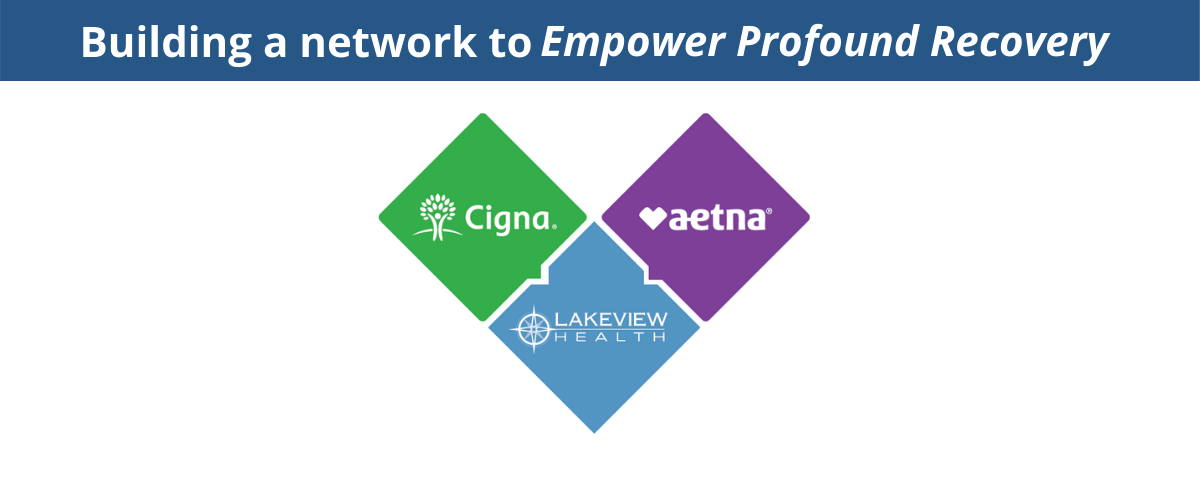

By: Lakeview Health
Today, July 1, 2018, Florida’s new opioid laws for the regulation of the use of prescription opioids went into effect enforcing a three-day limit on most prescriptions and aims to hold the doctors more accountable to avoid reckless prescriptions. This would largely affect patients whose doctors prescribe opioids for acute pain. If a situation arises and it is deemed medically necessary, a seven-day supply may be prescribed. The Florida Senate defines acute pain as “the normal, predicted, physiological, and time-limited response to an adverse chemical, thermal, or mechanical stimulus associated with surgery, trauma, or acute illness.” However, there are exceptions including terminal conditions, serious traumatic injuries, palliative care, and cancer – prescription limits will not apply to medications used to treat patients in those situations.
Why Are There So Many Discussions About Opioids?
It’s important the public know what opioids are and why they are so dangerous. Several legal and illegal drugs fall under the opioid category. Fentanyl, an exceedingly potent artificial version of opioids, oxycodone (OxyContin), Vicodin, morphine, codeine and others are legally prescribed to manage pain. Heroin is illegal, and the illegally made non-prescription version of fentanyl increases the risk of its potency and death. Prescription opioid pain relievers are safe for a short duration, but regular use can lead to dependency primarily due to the euphoric feeling the medication produces while alleviating pain. Over a longer period of time, the drugs interact with nerve cells in the body and brain. When the brain adjusts to the dosage, it requires more of the drug to provide pain relief – this makes it easy to become addicted. Misusing opioids by taking someone else’s prescription, using the drug longer than prescribed, or taking a higher dosage than recommended can cause an overdose death or someone to experiment with other drugs seeking the euphoria. According to the National Institute on Drug Abuse (NIH), 80 percent of heroin addicts used opioids for nonmedical reasons before making the switch to heroin. This study is a steep contrast to previous studies reporting most heroin users began their drug abuse with heroin. Experts believe this shift is due to the brain and body being similarly affected by opioids as they are heroin, which tempts opioid addicts to try less expensive yet more dangerous drugs.
How Did Opioid Use Become Such An Epidemic?
According to research by IMS Health, opioid prescriptions gradually increased from 112 million in 1992 and peaked in 2012 at 282 million prescriptions dispensed. The number of prescriptions dispensed has since declined, falling to 236 million in 2016. Research from the Center for Disease Control shows the leading cause of accidental death in the United States is caused by opioid addiction and overdose, which resulted in the deaths of more than 42,000 people in 2016. The NIH estimates an average of 25 percent of patients in chronic pain misuse prescribed opioids. The epidemic does not just affect adults. The U.S. Department of Health & Human Services reported nearly 4 percent of children aged 12 to 17-years-old misused opioids in addition to 7 percent of young adults aged 18 to 25-years-old. From July 2016 to September 2017, 52 areas in 45 states reported a 30 percent increase in opioid overdoses. That statistic includes Florida, which reported a 35 percent increase of opioid-related deaths from 2015 to 2016. Read more in-depth about other Florida Drug Use Statistics.
Why Are These New Opioid Laws Necessary?
Medical evidence proves the possibility of addiction increases with the length of the first prescription of opioids. The new opioid laws took a decade of data into account when it was designed to decrease the possibility of a patient’s dependence on opioids by limiting the length of the prescription. The basic requirement of the law limits the number of days a patient can receive medication to manage acute pain prescription. It also requires that a statewide database is searched by doctors and pharmacists prior to prescribing or dispensing controlled substances. If the drug is being prescribed for non-acute care, further records must be provided to confirm the patient’s identity prior to dispensing the medication. When Governor Rick Scott (R-FL) signed the legislation into law on March 19, 2018, he also provided $65 million to fight the statewide epidemic. Addiction is a serious crisis, but treatment is available to those who find themselves in need of help. Contact us today for more information on substance use disorder treatment options.





